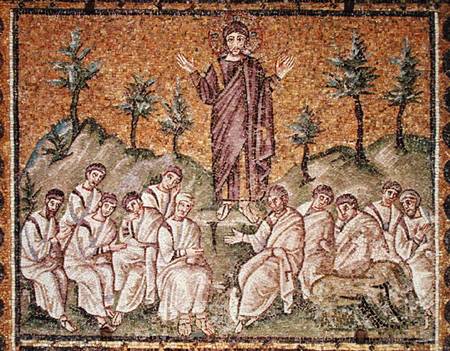LENTEN MISSION 2024

Blessed are You: Living the Beatitudes
Guest Speaker: Dr. John Patrick,
President and Professor of the History of Science, Medicine and Faith
Augustine College, Ottawa
February 23 – 25
Friday and Saturday at 7:00 p.m.
Sunday at 10.30 a.m.
PUBLIC LECTURE with Dr. John Patrick: “What Hyppocrates Knew and The Practice of Medicine in the Modern Age.” The loss of transcendent values and religious faith in the modern age has had a profound effect on the practice of medicine for physicians and patients alike. What role, if any, does faith play in the practice of medicine, and what does Hippocrates, the “Father of Medicine” have to teach us? Saturday, February 24 10.30 a.m.
(Sorry, but we have only a partial recording of this lecture…)
